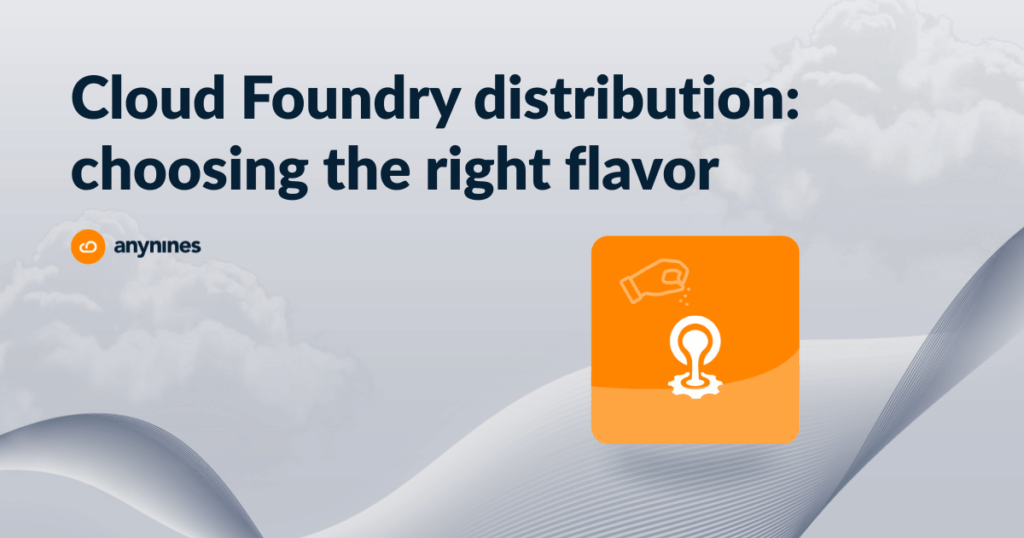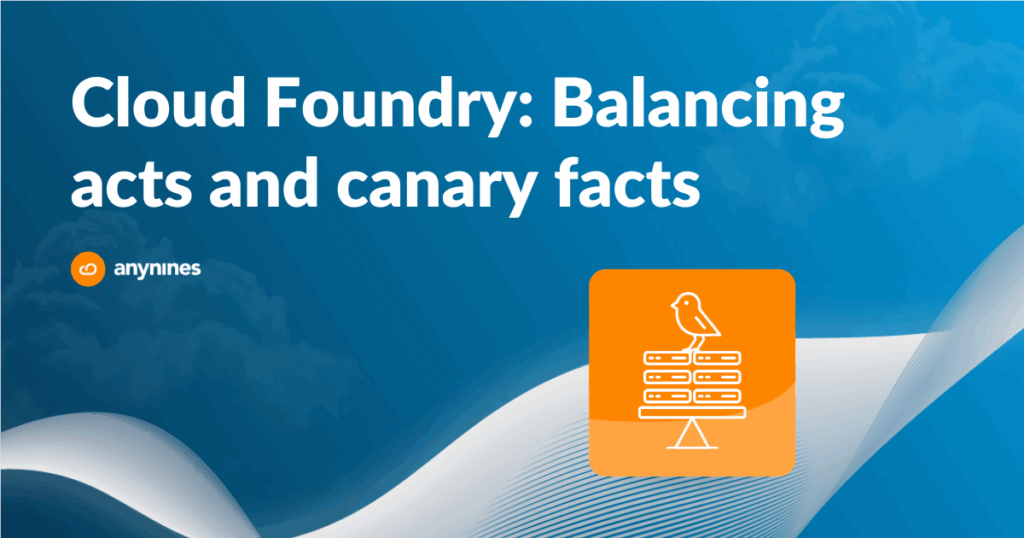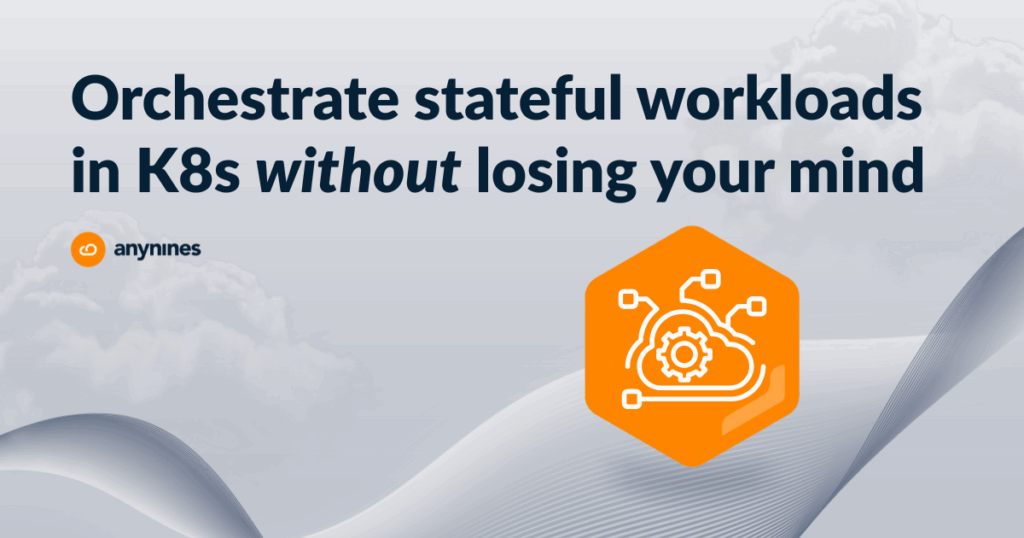Kubernetes has revolutionized the way organizations deploy and manage containerized applications, enabling greater flexibility and scalability. However, as teams grow and operate across dozens, hundreds, or even thousands of Kubernetes application clusters, managing databases and data services efficiently becomes a complex puzzle that requires a strategic approach.
The Rising Demand for Streamlined Data Services
Today’s web applications depend on diverse data services like SQL and NoSQL databases, message queues, search engines, and analytics tools. Developers expect these resources to be readily accessible, with self-service options for provisioning, scaling, and performing backups. Yet, ensuring these capabilities across multiple Kubernetes clusters isn’t as simple as flipping a switch.
Unpacking the Challenges of Multi-Cluster Database Management
As organizations expand their Kubernetes footprint, they face several hurdles in scaling database and data service automation:
- Supporting Diverse Infrastructure – Every environment has unique requirements:
- On-premises setups might deploy PostgreSQL instances on dedicated VMs or within Kubernetes pods.
- Cloud environments often leverage managed services or third-party automation tools. A robust strategy integrates these varied backends, ensuring databases are consistently provisioned and maintained across infrastructures.
- Maintaining Security and Compliance – Managing data services across multiple clusters demands rigorous security measures. Automating secure connectivity between applications and databases and other data services is essential to ensuring compliance without slowing development.
- Clarifying Roles and Responsibilities – In large environments, a clear division of labor is crucial. Developers should focus on building applications, while platform teams handle database automation and operational complexities. This separation prevents bottlenecks and keeps workflows smooth.
- Navigating Operational Complexity – Kubernetes environments are highly dynamic. Network connections, persistent storage, and database instances are constantly in flux, requiring automated solutions to maintain stability and performance.
Centralizing Database Automation: A Smarter Approach
A centralized database automation strategy offers a streamlined path forward. Treating databases as a service, separate from application clusters, brings several key benefits:
- Improved Security and Governance: Centralized oversight ensures security policies are consistently enforced.
- Flexible Infrastructure Support: Developers can access databases through Kubernetes operators, managed cloud services, or third-party automation solutions.
- Reduced Operational Overhead: Decoupling database automation from application clusters lightens the load on development teams and optimizes resource management.
One tool making waves in this space is Klutch, an open-source project providing a unified interface for managing databases across multiple Kubernetes clusters. Klutch empowers platform teams to standardize provisioning, enforce security protocols, and integrate with diverse infrastructure backends, enhancing operational efficiency while preserving developer autonomy.
Looking Ahead
As Kubernetes adoption continues to rise, so does the need for scalable, secure, and automated database management strategies. Centralizing these processes empowers developers to focus on building applications without getting bogged down by infrastructure concerns.
Solutions like Klutch simplify the management of databases across clusters, enforce security best practices, and provide a future-proof strategy for scaling cloud-native infrastructure. Embracing this centralized approach paves the way for long-term efficiency and innovation in multi-cluster Kubernetes environments.








